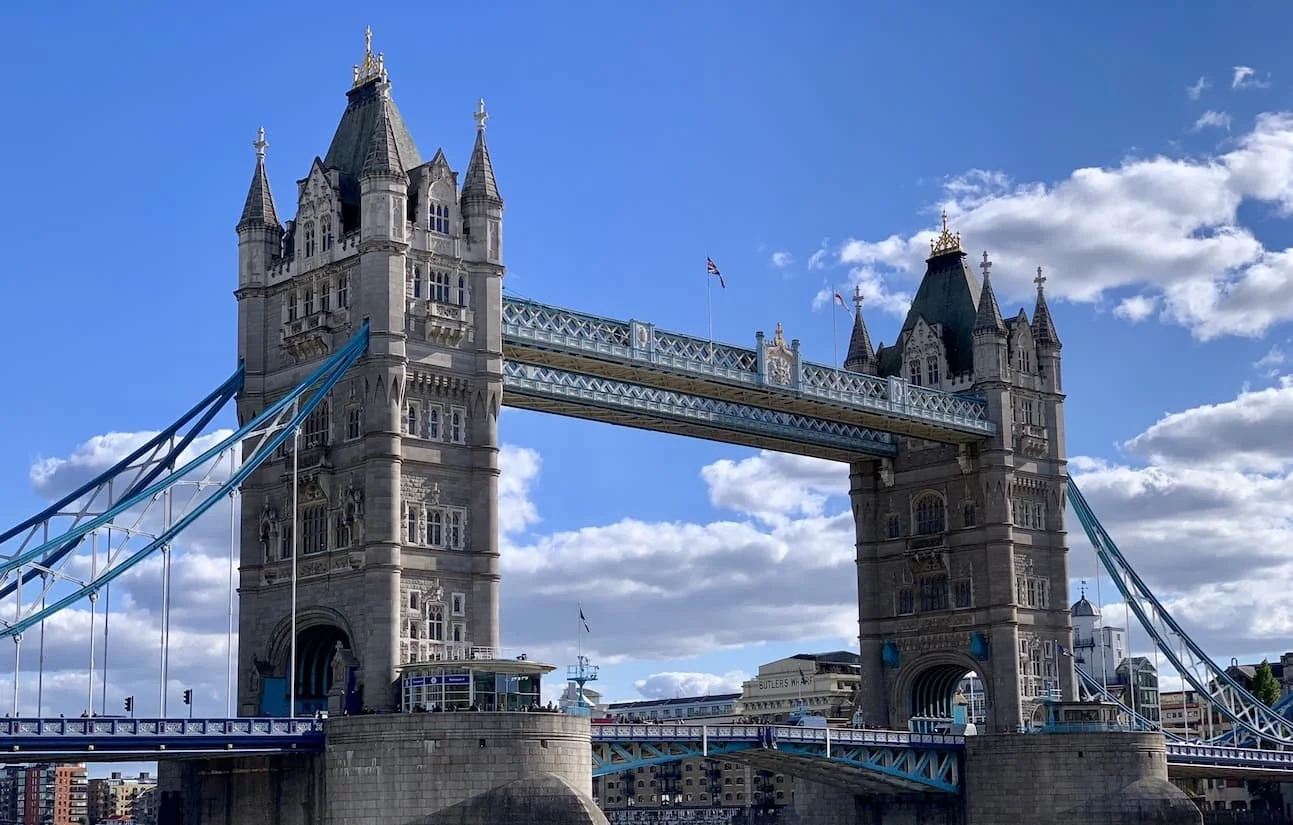From Pulpit to Profit: Why the Johnson Amendment Matters
/Earlier this morning at Washington's annual National Prayer Breakfast, Donald Trump 'took to the pulpit' to announce that American religious freedom is "under threat." Referring to the Johnson Amendment, which shares its namesake with former President Lyndon B. Johnson, Trump vowed to eliminate the legislation from the books.
Signed into law in 1954, the act was added to the IRS's Revenue Code and later reaffirmed in 1986 by the Reagan Administration. The provision prevents 501(c)(3) organizations - commonly churches, universities, and non-profits - from distributing funding to and/or officially endorsing political candidates. This regulation has not been a heavily-debated topic in political conversations, but now Trump and many republicans want it gone.
We need to tackle some circumstantial problems with this statement. Religious freedom represents the unhindered ability of United States citizens to subscribe to (and practice) their preferred faith. This principle applies to all religions within our borders, not just Christianity. Given that thousands of Muslims cannot enter the country due principally to their faith, it is quite correct to surmise that religious freedom is under siege. However, the Administration has not been keen on introspection in terms of policy decisions - this is simply a statement of ignorance and self-interest, not of accountability. Considering this speech was given before a room full of conservative Christians, garnering support in such an echo chamber is not noteworthy.
In Trump's public view, the Amendment significantly hampers the free speech of churches, their leaders, and clergy members. As regulations currently outline, religious institutions that violate the Amendment stand to forfeit their tax-exempt status - per the Washington Post. When digging through the numbers, the oppositional stance becomes a bit diminished; as the Post outlines, "over 2,000 pastors have joined what they call "Pulpit Freedom Sunday"" to test the ban, disseminating political views within their sermons. Since 2008, the IRS has only investigated once, and did not pursue disciplinary action, states the Alliance Defending Freedom.
Accordingly, this is not a question of upholding the first amendment, a topic that has immersed the new Administration in scalding hot water. In part, this is a drive for less-regulated funding regarding both campaigns and domestic affairs. Considering the republican voter base has the overwhelming support of conservative, evangelical voters (and likely institutions), this stands to become a potentially massive revenue source for conservative campaigns. As David Herzig, a tax law professor at Valparaiso University notes, this could essentially turn religious organizations into super PACs. Following an election cycle rife with debate over campaign finance reform, this stands to set back any progress made to this point. In addition, it offers a potential partisan funding advantage.
With funding comes moral and ethical concerns. Since there are no standard practices with donations from church to church, a can of worms is opened. We look at local parishes and religious centers as beacons of integrity and charitable giving; with the Amendment's repeal, donations to political campaigns could cannibalize contributions towards true, charitable causes. When passing the hat around, it then becomes questionable whether congregational funds truly benefit the church. People could be contributing directly to political causes, even if they do not mean to. The same worrisome scenario is true in regards to educational institutions. Money typically funneled into new degree programs, scholarship funds, and other areas could likely be diverted to political causes. This not only weakens academic growth, but potentially stands to alienate students - financial support to candidates who may push discriminatory viewpoints may publicly put university values at odds with those of their students. These large universities also have sizable endowments that could be tampered with.
Lastly, we have to examine whether or not churches are meeting places for worship, or political institutions. In places deemed to be "houses of God," is it truly Christian in nature to muddy worship with politics? That is largely a personal matter, but also one that stands to divide congregations - even if they are predominantly conservative.
Perhaps most importantly, should we set a precedent showing that church and state are so closely intertwined? A secular government is one that is more sensitive to the issues of its entire constituency. Making decisions based on self-interest, discrimination, and party affiliation have buried this country in conflict for years. Faith in government is already at an all-time low. Repealing the Johnson Amendment is not worth diminishing that trust any further.

